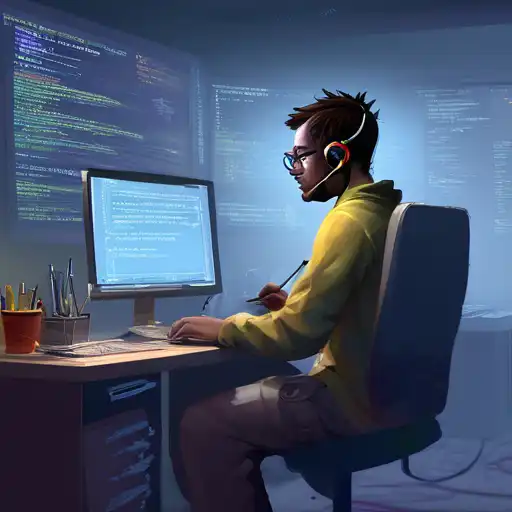Introduction to Debugging
Debugging is an essential skill for every programmer, especially for those just starting out. It involves identifying and resolving errors or bugs in your code that prevent it from running correctly. This article provides practical debugging tips to help new programmers navigate through common coding pitfalls.
Understand the Error Messages
One of the first steps in debugging is to read and understand the error messages. These messages are designed to point you in the direction of the problem. Whether it's a syntax error or a runtime exception, taking the time to comprehend these messages can save you hours of frustration.
Use a Debugger Tool
Most Integrated Development Environments (IDEs) come with built-in debugger tools. These tools allow you to step through your code line by line, inspect variables, and see the flow of execution. Learning how to use these tools effectively can significantly reduce debugging time.
Check Your Code Logic
Sometimes, the issue isn't a syntax error but a flaw in the logic of your code. Review your algorithms and ensure they're achieving the intended outcome. Drawing flowcharts or writing pseudocode can help visualize the logic and identify where things might be going wrong.
Break Down the Problem
When faced with a complex bug, break the problem down into smaller, more manageable parts. Test each part individually to isolate the issue. This approach, known as divide and conquer, is a powerful strategy in debugging.
Search for Solutions Online
You're not alone in your debugging journey. Many programmers have faced similar issues and shared their solutions online. Websites like Stack Overflow can be invaluable resources. Remember to search for your error messages or describe the problem as clearly as possible.
Practice Makes Perfect
Debugging is a skill that improves with practice. The more you code and encounter bugs, the better you'll become at identifying and fixing them. Don't get discouraged by errors; view them as learning opportunities.
Conclusion
Debugging is an integral part of programming that can be mastered with patience and practice. By understanding error messages, utilizing debugger tools, checking code logic, breaking down problems, and seeking help when needed, new programmers can overcome common coding challenges. Remember, every bug you fix makes you a better programmer.
For more programming tips, check out our guide on efficient coding practices.
